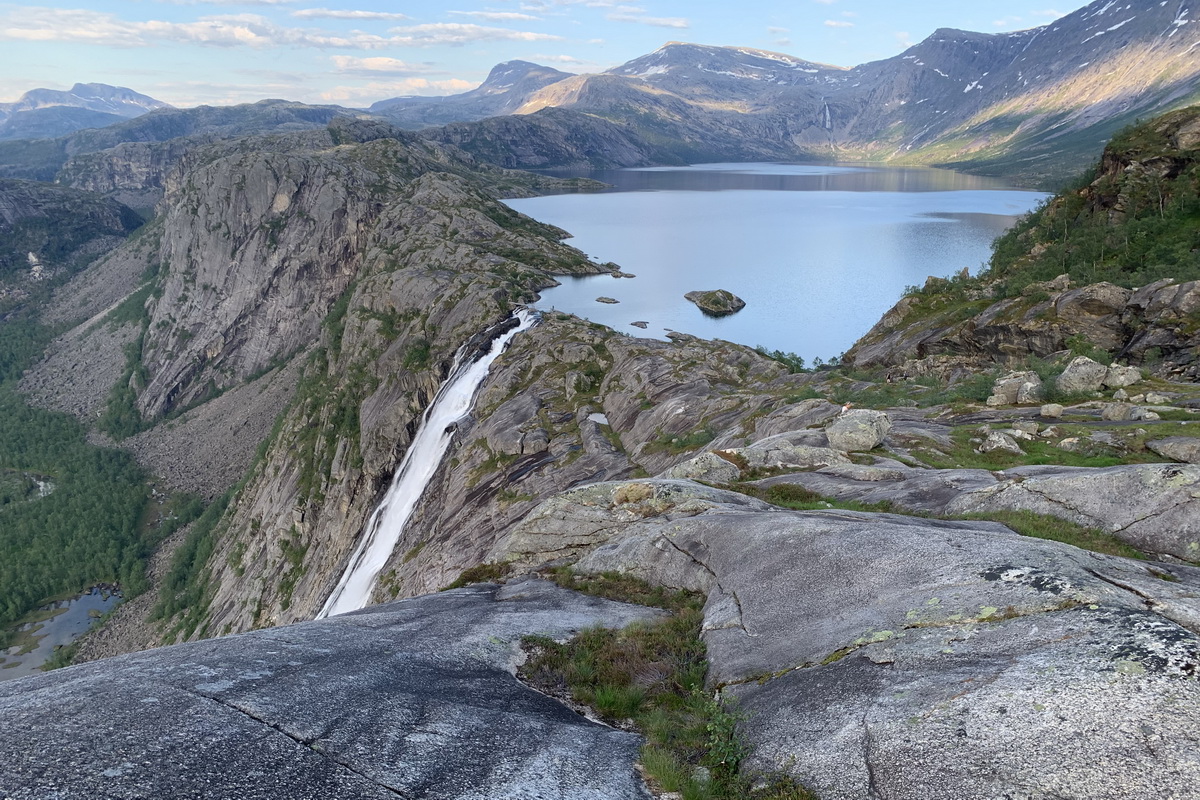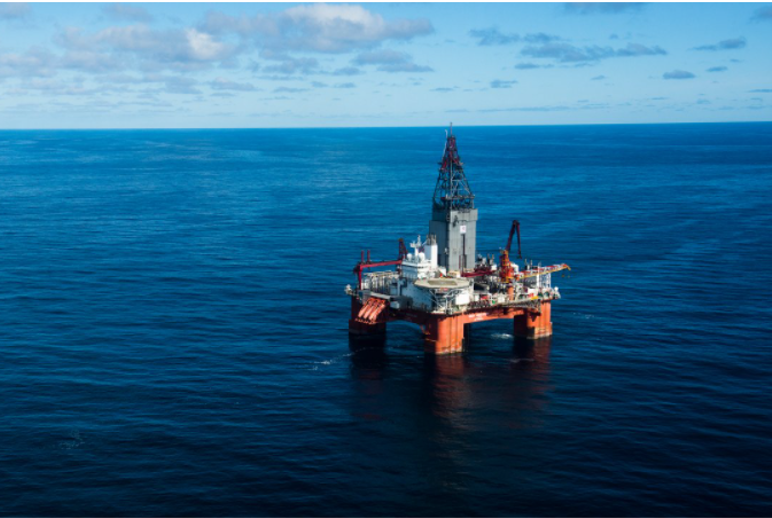The world is hungry for energy, more so than ever, and as a result “peak oil demand” may be postponed into the mid or late 2030s. As it now also seems to take longer time than anticipated (and so highly desired by many) to move from fossil fuels to renewable energy, the old Statoil slogan – «Oil is here to stay” – may still be valid.
The pace of replacing fossil fuels with renewables will depend on how fast it is possible to build new solar PV and wind infrastructure, as well as increasing battery production capacity, which is again dependent on a steady and rapid increase in minerals production.
As pointed out by IEA in their recent report “The Role of Critical Minerals in Clean Energy Transitions”, the energy sector is emerging as a major force in mineral markets.
Twenty oil companies will present at the upcoming NCS Exploration Strategy Conference – 17&18 November – and share their exploration outlook: Equinor, Aker BP, Lundin, Vår Energi, Total, Shell, PGNiG, OMV, Wintershall Dea, Neptune Energy, Horisont Energi, Sval Energi, DNO, Petrolia NOCO, OKEA, Lime Petroleum, Concedo, Longboat Energy, Wellesley.
Also, will blue hydrogen – implying capture and storage of CO2 in huge volumes – play a substantial role in the energy mix? And what about nuclear energy? According to IEA’s 2019 report “Nuclear Power in Clean Energy System”, nuclear power is the second-largest source of low-carbon electricity today and makes up 10% of global electricity supply.
Moreover, are we at all in a position to predict the energy mix in 2050, given that we have an equation with an almost endless number of unknowns?
If field development were to be halted tomorrow, on a global scale, a huge supply gap will result. This is true even if the world adheres to Equinor’s most optimistic scenario up to 2050.
We have currently seen a political debate in Norway concerning abandonment of oil and gas exploration, following the advice from Fatih Birol at IEA in their 2021 report «Net Zero by 2050. A Roadmap for the Global Energy Sector«. The current «energy crisis» (as experienced by households both in Norway and abroad) seems to prove that Norway will play an important role in sourcing the European market with oil and gas, and in particular gas, as the EU may not want to give Russia the advantage of a monopoly.
Should this be reflected on how we look upon NCS prospectivity, and how we go about future licensing rounds? Furthermore, is it really true that some 25 billion barrels are still to be discovered on the NCS?
At the NCS Exploration Strategy 2021 four energy experts will present their views on the big picture that forms the foundation for energy policy. Two talks will be given by oil company representatives (Kristin Færøyvik, Lundin Energy Norway and Jonny Hesthammer, M Vest Energy) that are followed by two lectures dealing with the energy perspective (Eirik Wærness, Equinor and Jarand Rystad, Rystad Energy). This will then form the basis for what we expect to be a stimulating conversation between the four.
The overall purpose of the panel discussion is thus to shed light on the global energy politics we are faced with up to 2050 and how oil companies on the NCS should deal with this.
NCS Exploration Strategy, November 17-18, Stavanger NCS Exploration in a global perspective; including presentations from Eirik Wærness (Equinor), Kristin Færøyvik (Lundin Energy Norway), Jonny Hesthammer (M Vest Energy) and Jarand Rystad (Rystad Energy). To be followed by a panel discussion moderated by Egil Tjåland (NTNU) and Halfdan Carstens (GeoPublishing).
HALFDAN CARSTENS





